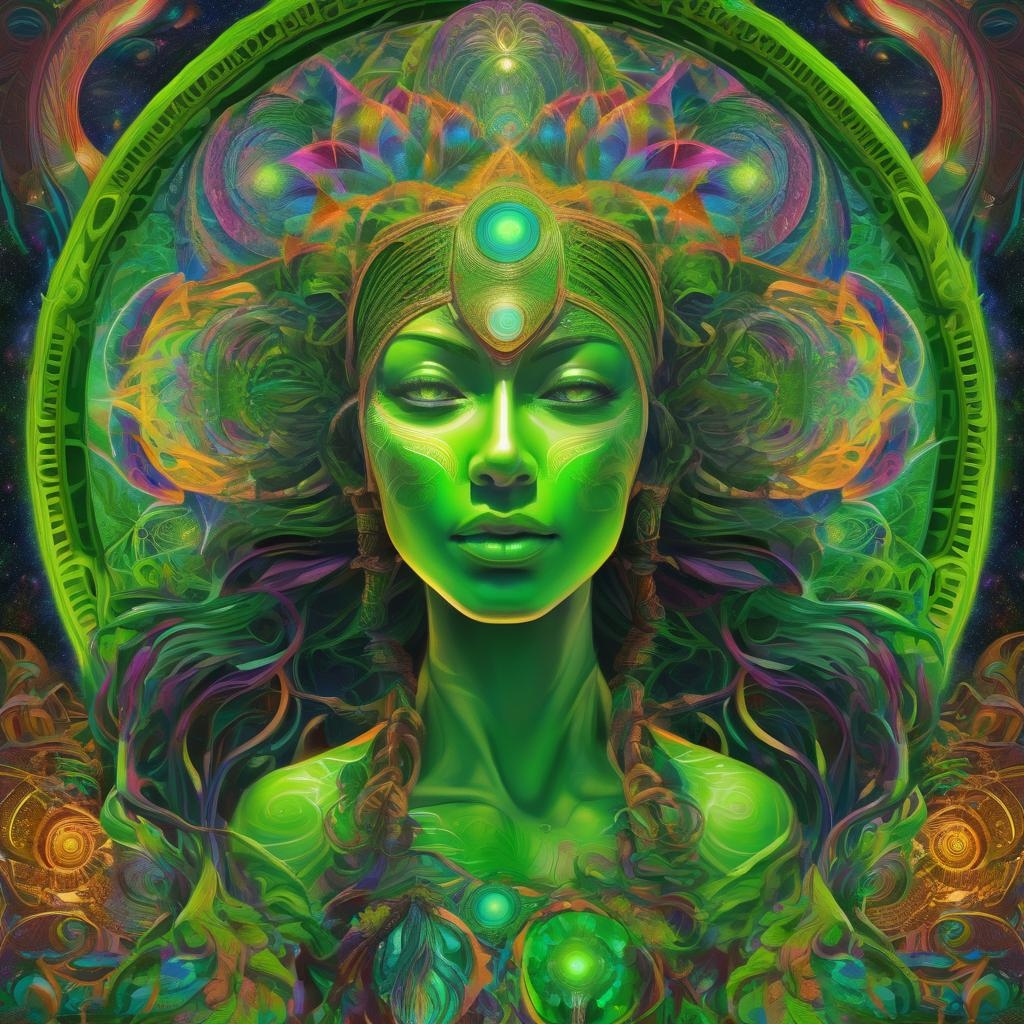The 1960s hippie movement was a complex cultural phenomenon that combined various philosophies, spiritual beliefs, and social ideals. Rooted in a reaction against the materialism and conformity of the 1950s, the hippies sought deeper meaning and connection in both personal and communal life. Here’s an in-depth exploration of their philosophy and idealism, particularly focusing on spirituality and philosophical underpinnings.
Historical Context
The 1960s were marked by significant social upheaval. The civil rights movement, anti-war protests, and a general questioning of authority influenced the counterculture. The rise of youth culture, alongside innovations in music, art, and literature, contributed to a spirit of experimentation and rebellion against the established norms.
Key Philosophical Influences
- Eastern Philosophies:
Buddhism: Many hippies were drawn to Buddhist concepts like mindfulness, non-attachment, and the idea of transcending suffering. The emphasis on inner peace and meditation resonated with those seeking alternatives to Western materialism.
Hinduism: The idea of karma and the pursuit of enlightenment appealed to hippies. The practice of yoga and the exploration of consciousness through practices like meditation became popular as pathways to spiritual awakening.
- Existentialism:
Influenced by thinkers like Jean-Paul Sartre and Albert Camus, existentialist ideas about personal freedom, choice, and the absurdity of life resonated with many in the movement. This philosophy encouraged individuals to create their own meaning in an unpredictable world, fostering a spirit of personal exploration.
- Transcendentalism:
Building on earlier thinkers like Ralph Waldo Emerson and Henry David Thoreau, transcendentalism emphasized individual intuition and a deep connection with nature. The hippie movement echoed these ideals through a reverence for the natural world, advocating for ecological awareness and sustainability.
- Psychedelic Exploration:
The use of psychedelic drugs, notably LSD, was seen as a means to expand consciousness and attain spiritual insights. Figures like Timothy Leary promoted the idea of “turning on, tuning in, and dropping out” as a way to explore the mind and experience higher states of being.
Spirituality
- Collective Consciousness:
The hippies often spoke of a collective consciousness, emphasizing unity and interconnectedness among all beings. This idea mirrored some indigenous and Eastern spiritual beliefs, promoting the idea that individual well-being is linked to the well-being of the community and the planet.
- Love and Peace:
Central to hippie philosophy was the mantra of “peace and love.” This ideal rejected violence and advocated for compassion and understanding as means to create a better world. The famous slogan “Make Love, Not War” encapsulated this ethos, urging a shift from conflict to connection.
- Rejection of Materialism:
The hippies critiqued consumer culture and sought a simpler, more meaningful life. This rejection of materialism was not merely a political statement but a spiritual quest for authenticity, encouraging self-expression and communal living over individualistic consumption.
- Alternative Lifestyles:
Communes and collective living arrangements were popular among hippies. These settings fostered cooperation, shared resources, and a rejection of traditional family structures. The idea was to create spaces where individuals could live in harmony, emphasizing shared values and collective growth.
Cultural Expressions
- Art and Music:
Music played a vital role in the hippie movement, with artists like Bob Dylan, The Beatles, and Janis Joplin articulating the movement’s ideals. Festivals like Woodstock epitomized the spirit of community and celebration, serving as platforms for expressing peace and love.
- Visual Arts:
Psychedelic art, with its vibrant colors and surreal imagery, reflected the altered states of consciousness many sought through music and drugs. This art served as a means of spiritual expression, encapsulating the movement’s ideals.
- Literature:
Writers like Jack Kerouac and Allen Ginsberg explored themes of spirituality, freedom, and the quest for authenticity. Their works captured the zeitgeist of the era, influencing a generation’s philosophical and spiritual outlook.
Legacy
The hippie movement left a lasting impact on society, influencing environmentalism, alternative lifestyles, and spiritual practices. Its emphasis on love, peace, and community continues to resonate, inspiring contemporary movements advocating for social justice, mental health, and holistic living.
In summary, the 1960s hippies were characterized by a blend of spiritual exploration, philosophical questioning, and a deep commitment to social change. Their idealism sought to create a world rooted in love, peace, and collective consciousness, challenging the norms of their time and laying the groundwork for future movements focused on social and environmental justice.
